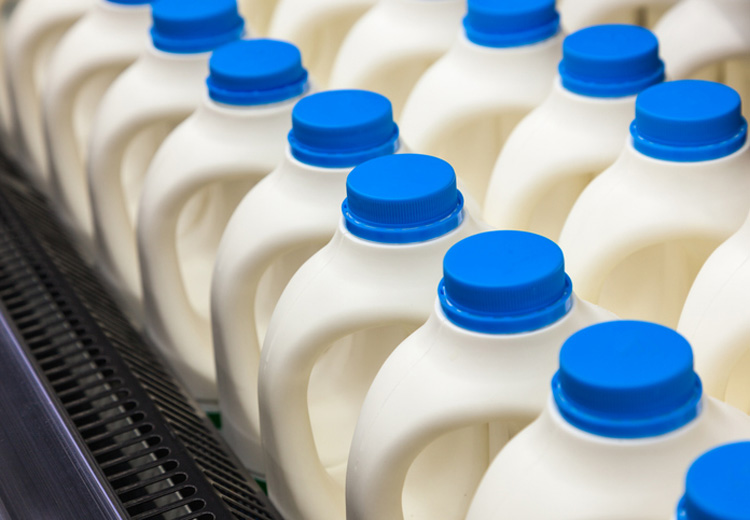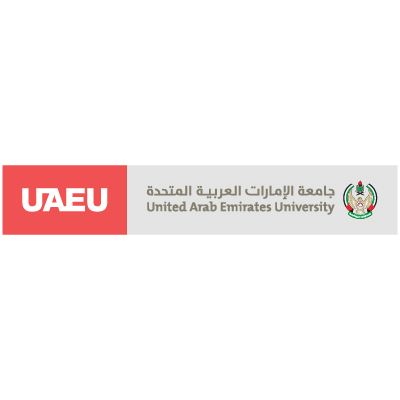Recycled thermoplastic research boosts UAEU’s sustainability efforts

Sponsored by

Sponsored by

Researchers at the United Arab Emirates University are studying the properties of recycled thermoplastic waste to support sustainable manufacturing and address global plastic waste issues
The planet is choking on waste plastic. Our oceans are full of it. Entire ecosystems are threatened by plastic pollution and the ubiquity of plastics in the environment presents a real danger to human health.
Society needs to reduce its plastic production and combat waste, and to do that it is going to need new insights into how recycled plastic can be used. At the United Arab Emirates University (UAEU), researchers working on these sustainability-related projects have discovered that friction stir spot welding (FSSW) can be used to bond thermoplastic waste, opening the door to a number of potential industrial and commercial applications.
Headed by Abdelhamid Mourad, professor of mechanical and aerospace engineering at UAEU, with postdoctoral researchers Syed Haris Iftikhar and Nizamudeen Alungal Cherupurakal joining him, the research team used high-density polyethylene (HDPE) from waste milk bottles as the subject of their study.
“To recycle high-density polyethylene, you have to think of how to use the recycled material after recycling, if you would use it as a simple component, sheets or pipes, or if there is another process you have to think about,” Mourad says. “One of these processes is how to weld that material for different applications, like heat exchangers.”
Finding waste milk bottles was the easy part. Processing them was a different matter. The team had to develop their own machine to process the HDPE into a powder. “Then with the powder you can use an injection moulding technique or hot press technique to produce sheets or strips and then take these strips and test them,” Mourad says.
Using virgin HDPE in pelleted form as a reference material, they processed the HDPE into sheets and cut them into samples that could be tested to learn whether the recycled material’s chemical, thermal and mechanical properties had changed during the process.
“You have to cut these sheets into samples to test them for the mechanical properties – modulus, elasticity, yield strength, ultimate strength, resilience and toughness,” says Mourad. “Then compare this with the properties before recycling.”
Mourad and his team found that the recycling and FSSW process had minimal impact on the HDPE’s polymeric structure, meaning waste HDPE could have many different applications. This could create immense opportunities for sustainable manufacturing – and is more cost-effective, too.
Welding techniques have advantages over mechanical or adhesive bonding. There is no need to wait for adhesives to cure or to worry about whether environmental variables will impact how a glue might bond two surfaces together.
There are still challenges. The waste plastic has to be kept out of sunlight. “Once you expose it to chemicals, sunlight or thermal fatigue, the material will degrade,” Mourad says. The process has to be scaled up and made industrially viable. But Mourad is optimistic. He has already received interest from industry, and this could be a big win for sustainability.
Find out more about the United Arab Emirates University.